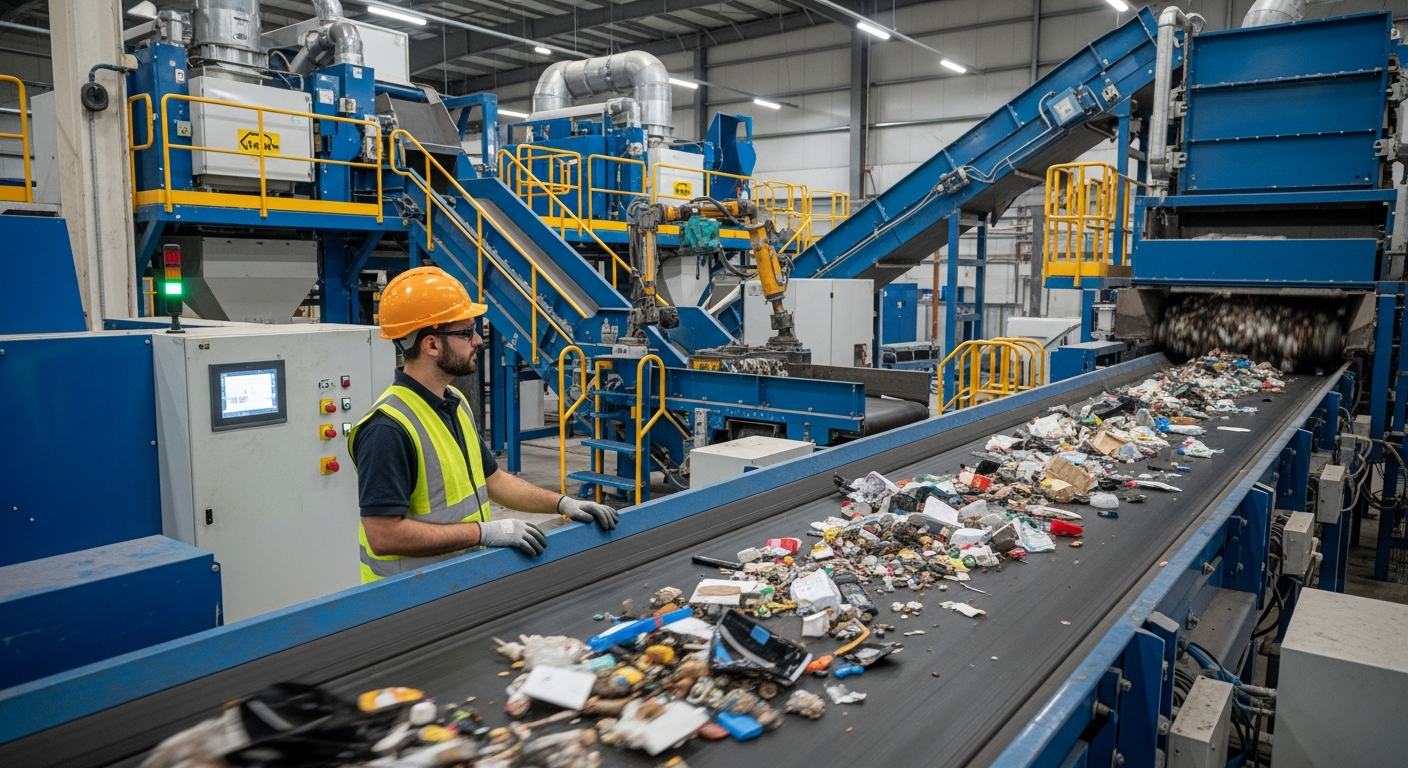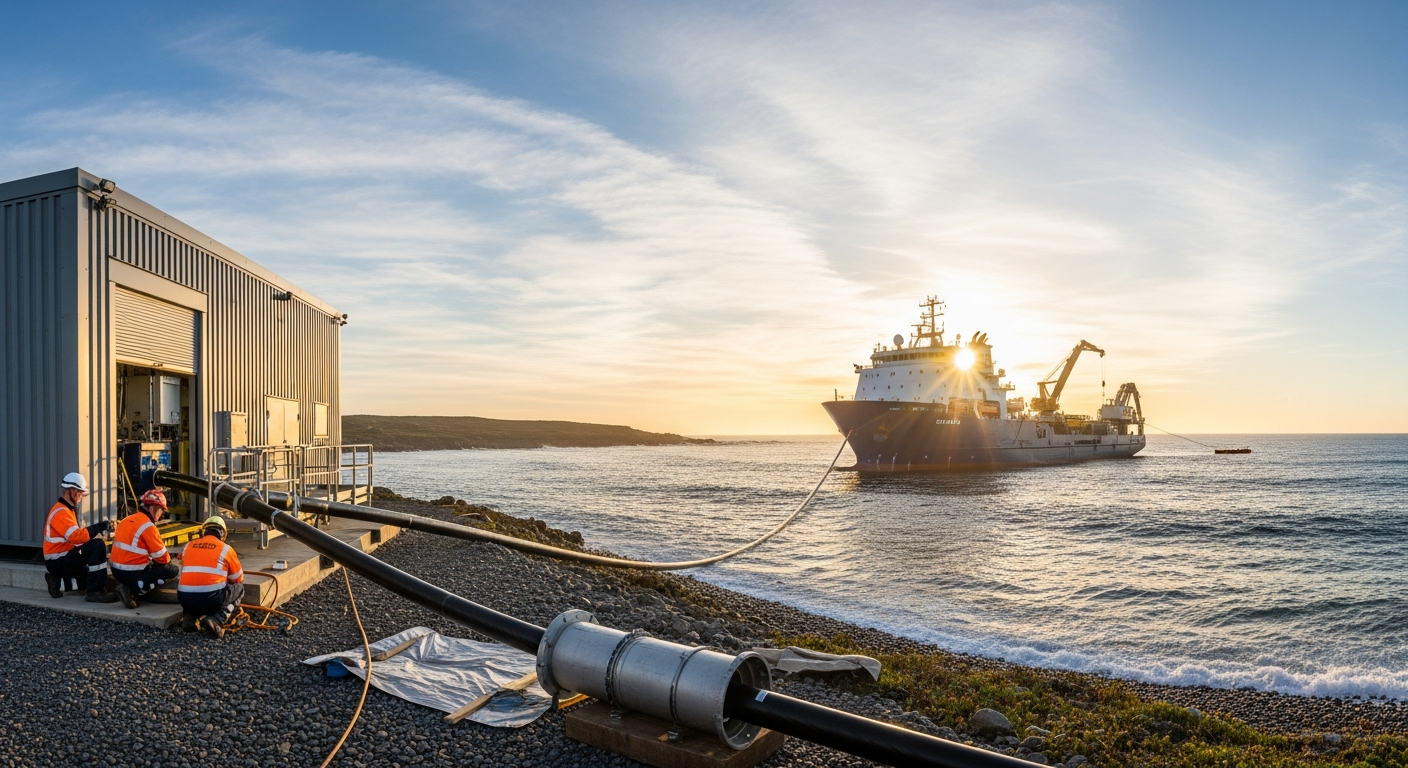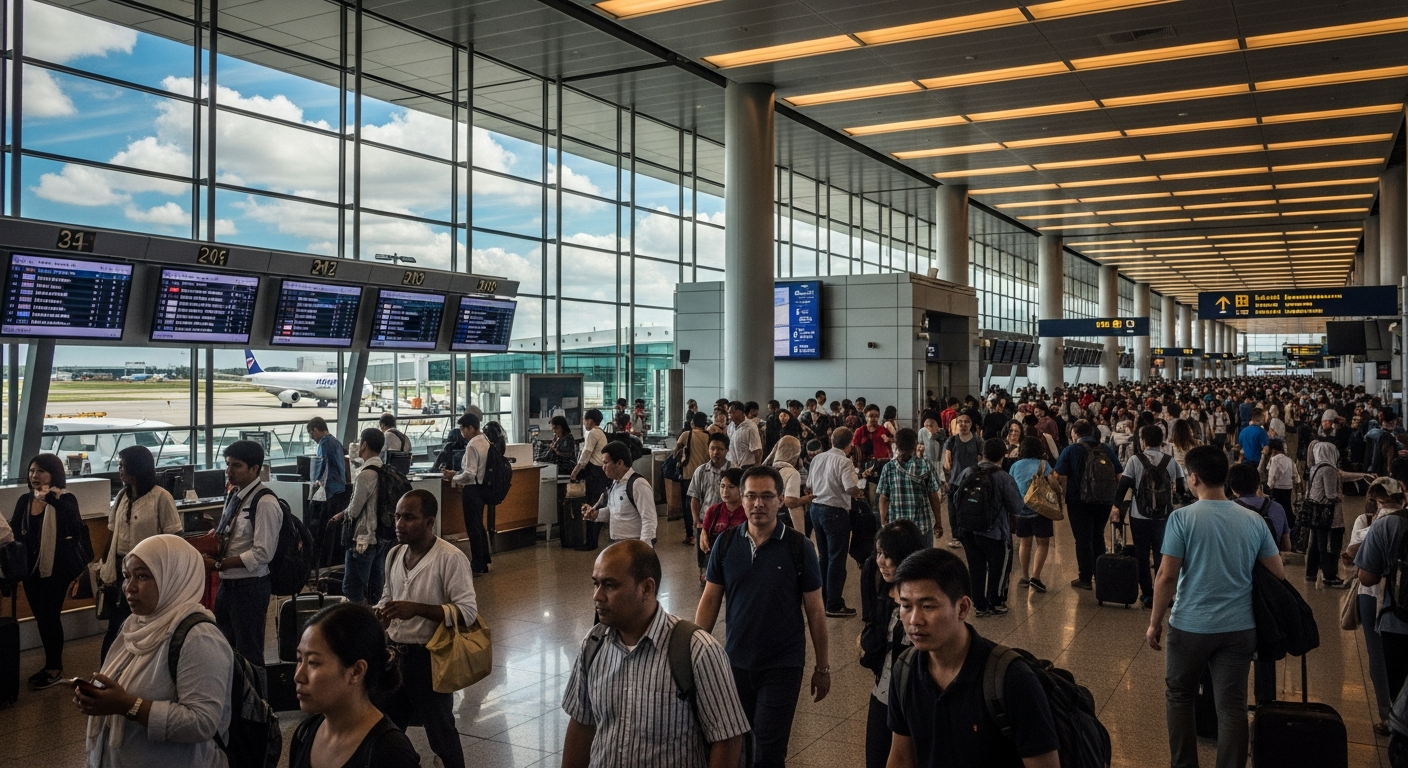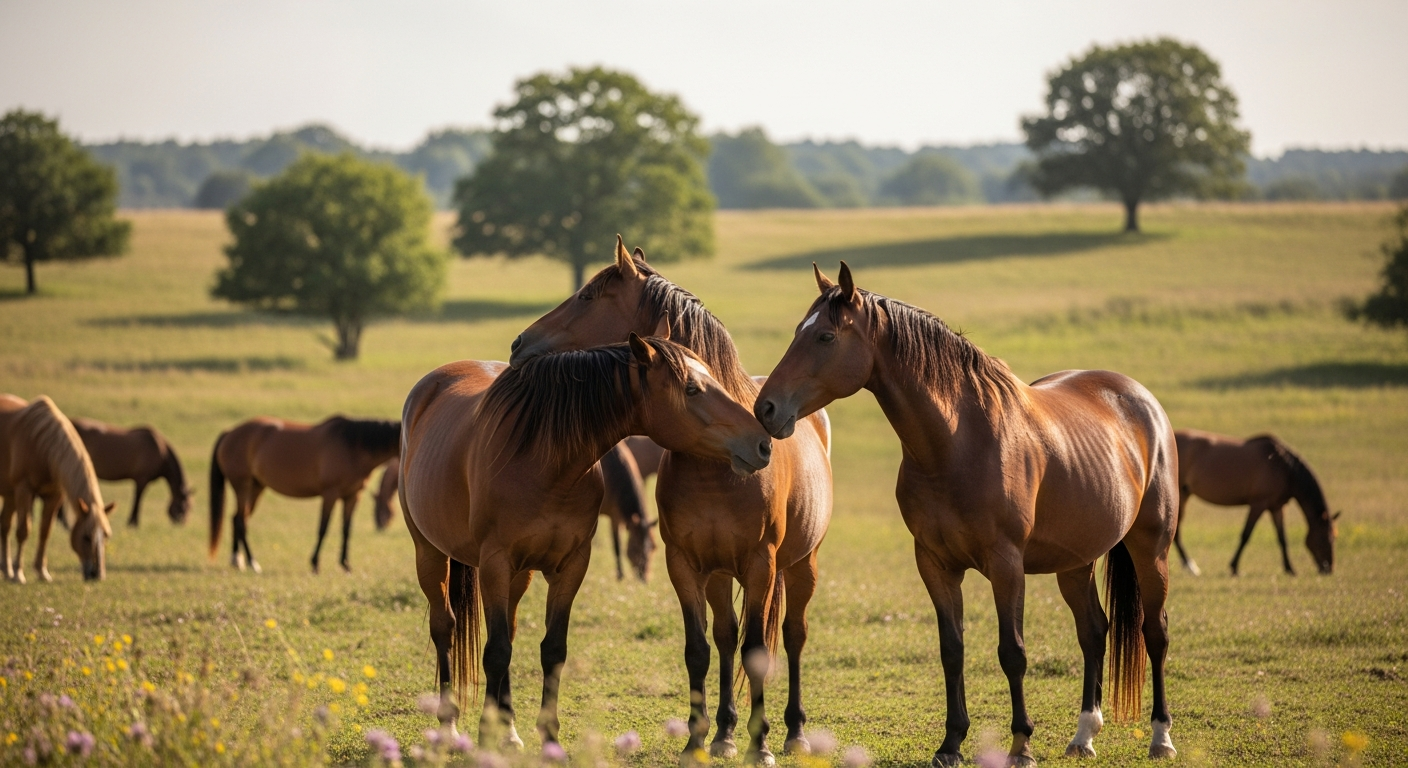The Quiet Revolution of Slow Travel in America
The concept of slow travel is gaining traction among Americans seeking deeper, more meaningful experiences. This mindful approach to exploration emphasizes connection, sustainability, and cultural immersion. Read below to discover how slow travel is reshaping the way Americans engage with destinations and redefine the very essence of what it means to travel.

The Origins of Slow Travel
The slow travel movement has its roots in the broader slow living philosophy, which emerged in Italy during the 1980s as a response to the fast food culture. Initially manifesting as the Slow Food movement, the concept quickly expanded to encompass various aspects of life, including travel. The core principle of slow travel is to resist the urge to rush through destinations, instead advocating for a more deliberate and immersive approach to experiencing new places.
The American Embrace of Slow Travel
In recent years, an increasing number of Americans have begun to adopt slow travel principles. This shift can be attributed to several factors, including growing awareness of environmental issues, a desire for more authentic experiences, and a reaction to the stress and burnout associated with fast-paced lifestyles. Slow travel offers a counterpoint to the traditional American vacation model of cramming as many sights and activities as possible into a limited timeframe.
Key Principles of Slow Travel
Slow travel is characterized by several key principles that set it apart from conventional tourism. These include:
-
Staying in one place for an extended period
-
Engaging with local communities and cultures
-
Prioritizing quality experiences over quantity of destinations visited
-
Using sustainable and low-impact modes of transportation
-
Supporting local economies and businesses
By adhering to these principles, slow travelers aim to forge deeper connections with the places they visit and minimize their environmental impact.
The Impact on American Travel Habits
The rise of slow travel is having a noticeable impact on American travel habits. More travelers are opting for longer stays in fewer destinations, choosing vacation rentals or homestays over traditional hotels, and seeking out experiences that allow them to engage with local communities. This shift is reflected in travel industry data, which shows an increase in the average length of stay for American travelers and a growing interest in experiential travel offerings.
Challenges and Criticisms
Despite its growing popularity, slow travel is not without its challenges and critics. Some argue that it’s a privilege only available to those with significant time and financial resources. Others contend that the emphasis on local immersion can lead to over-tourism in small communities ill-equipped to handle an influx of visitors. Additionally, the slow travel ethos can be at odds with the limited vacation time many Americans have, making it difficult for some to fully embrace the concept.
The Future of Slow Travel in America
As awareness of slow travel continues to grow, it’s likely to have an increasingly significant impact on the American travel landscape. Travel companies are already adapting their offerings to cater to this emerging market, developing longer-stay packages and emphasizing local experiences. Meanwhile, destinations are recognizing the potential benefits of attracting slow travelers, who tend to contribute more to local economies and have a lower environmental impact than traditional tourists.
The COVID-19 pandemic has also accelerated interest in slow travel, as many Americans reassess their travel priorities and seek out safer, more meaningful experiences. This shift may lead to lasting changes in travel behavior, with more people embracing the principles of slow travel even as restrictions ease.
In conclusion, the quiet revolution of slow travel represents a significant shift in how Americans approach exploration and cultural engagement. By encouraging deeper connections, promoting sustainability, and challenging conventional notions of what constitutes a successful trip, slow travel has the potential to transform not just individual experiences, but the entire travel industry. As more Americans embrace this mindful approach to exploration, we may see a fundamental reimagining of the role travel plays in our lives and our society.






